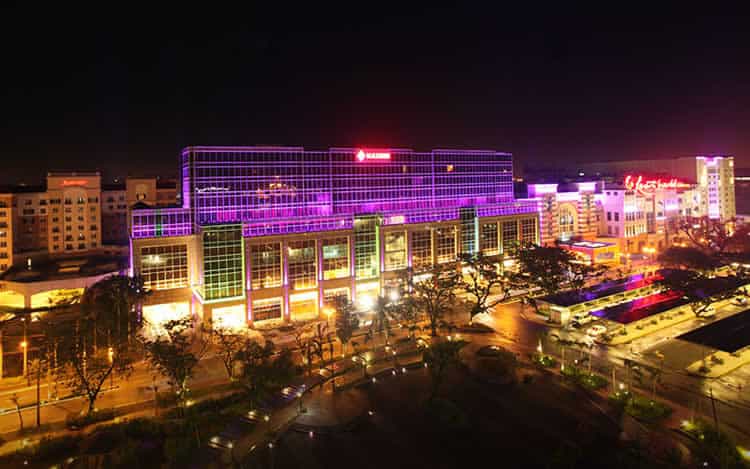The Philippine’s gambling industry has built a reputation as a distinct gaming destination in Asia that is less strict on visa requirements, provides highly integrated resorts to provide fully immersible experiences, and caters to mass consumers. The Philippines were also once the sole licensing authority in Asia, but this has changed as Cambodia and Japan have entered the casino gambling market. Aside from established competition from Singapore and Macau, Japan and Cambodia also plan to issue online licenses in the future once they refine their regulations on online gambling which when completed will compete with lucrative POGO licenses, Philippine’s online gaming license issued by PAGCOR.
This threat increases as we account for Philippine President Duterte’s announcements which have turned the Philippine gaming market upside down. Duterte directly ordered PAGCOR to cease issuing domestic casino licenses, sell off all PAGCOR operated casinos, and shut down casino project developments in Boracay – a popular destination island in the Philippines. These orders were made to slow the state of oversaturation in the Philippine gambling market, however, many critics appoint these orders to Duterte’s disdain for gambling. It is currently unknown if PAGCOR has completed Duterte’s order to privatize all their casinos.
However, most of these announcements came early in 2018 and those investors who placed a licensing application before the government set cut-off date may still have their applications processed and licenses granted. This honors those developers who already were in the works of opening more gambling entertainment. However, investors interested in Boracay, who obtained provisional licenses and permits, may not be so lucky as the island was shut down due to mandatory environmental cleanup and pollution control – permanently sending their investment dollars down the drain. Duterte himself has even publicly stated that no casinos will be built on Boracay. These orders will no doubt turn future investors away from the country toward new friendlier markets.
Nonetheless, the Philippines nation does well with its current casinos and market share – so well, that pulling the breaks on new gambling development may not harm them at all. A majority of Chinese consumers travel to gamble at Philippine casinos as they do not require visas like Macau nor charge entrance fees like Singapore. The Philippine’s mass consumer friendly environment also allows a wide range of individuals to flood their casinos as gamblers from varying incomes can participate, rather than the exclusive environment of premium casinos in other countries which solely cater to high rollers. The influx of Chinese bettors could also be the product of the budding relationship between Duterte and Xi Jinping.
The Philippine’s online gambling market, however, may face more repercussions than its domestic brick and mortar venues due to increased uncertainty surrounding its lucrative POGO licenses which reaped P55 billion in 2016 and is predicted to return P6 billion to the state in gambling tax revenue. POGO licenses were not explicitly ordered to slow their growth by Duterte, however, many online operators suspect that the Philippine government will attempt to raise taxes and licensing fees and renewal fees for POGO’s once they become the only gambling license attainable from the Philippines. Not only this, many online casino brands worry the Philippine Government’s impulsive nature could result in an unexpected ban on online gambling and gambling entertainment in select regions.
Nonetheless, these concerns hardly affect Philippine players as there are numerous safeguards to prevent Filipinos from gambling at domestically licensed online casinos – rather Philippine players must access offshore licensed sites to access casino gambling. Filipinos are tightly restricted from gambling at domestic brick and mortar casinos and may only do so if they meet certain qualifications, therefore, online casino gambling may provide legal and reliable avenues for players to participate in.

